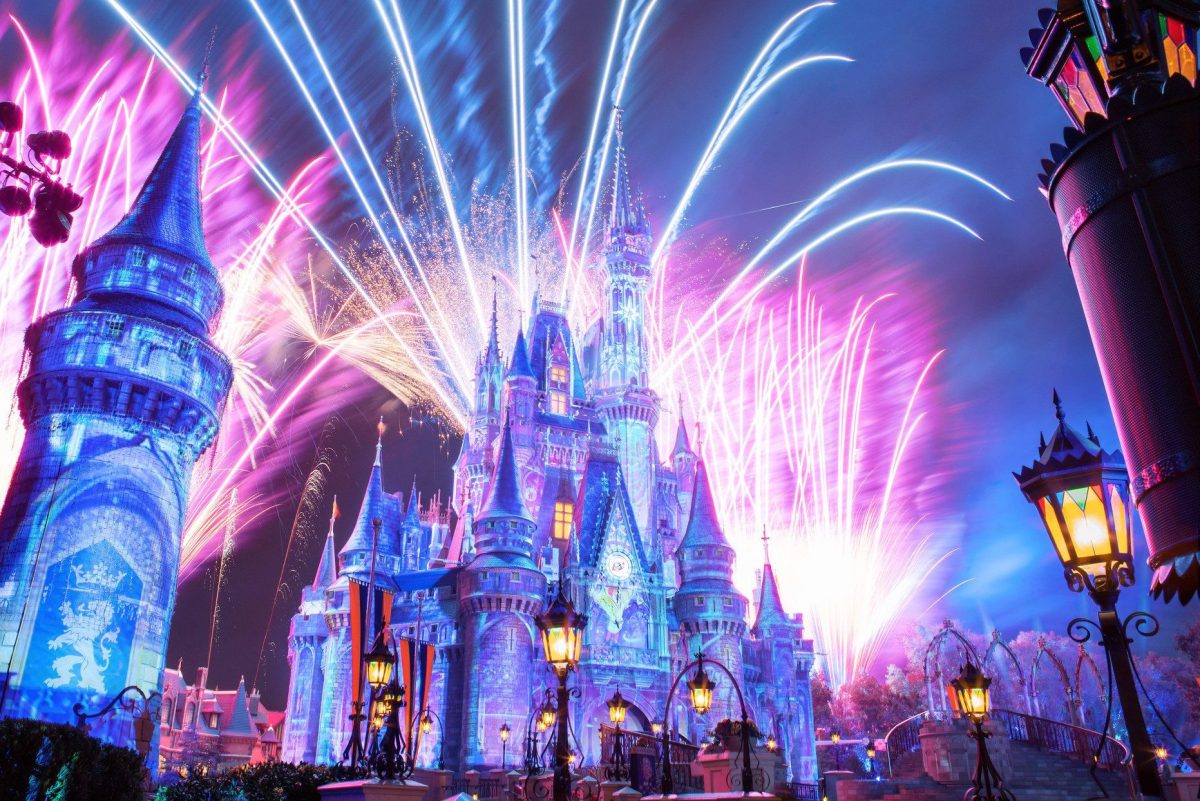Disney Magic Key Lawsuit Settlement Puts Program Under Spotlight

Skift Take
Disney has reached a preliminary settlement in a lawsuit over alleged deceptive practices tied to its Magic Key program.
Dream Key pass holder Jenale Nielsen filed the lawsuit in 2021, accusing Disney of misleading pass holders into thinking they had unlimited access to its parks by advertising "no block-out dates." Nielsen claimed certain dates were effectively inaccessible due to the advanced reservation system introduced during the pandemic for all visitors and other Dream Key pass holders booking available slots.
The details of the preliminary settlement reached between Nielsen and Disney weren't disclosed. Disney responded to Skift's requests for further details to the settlement with a statement, "We are satisfied that this matter has been resolved.”
The Magic Key lawsuit puts Disney's theme
